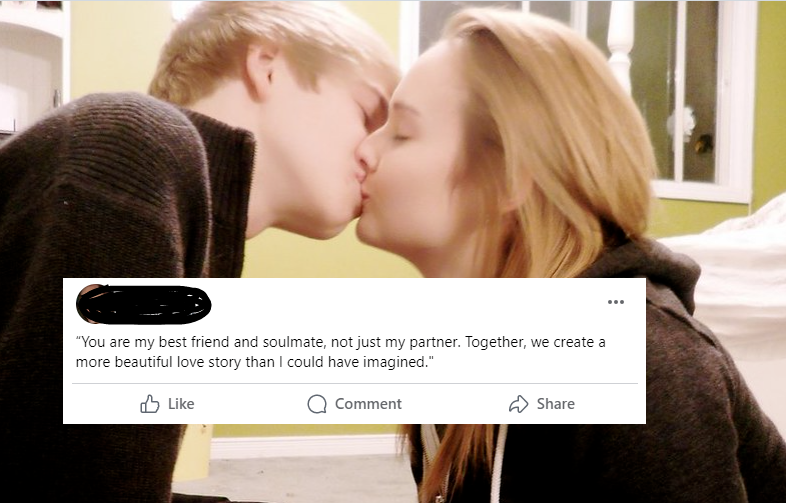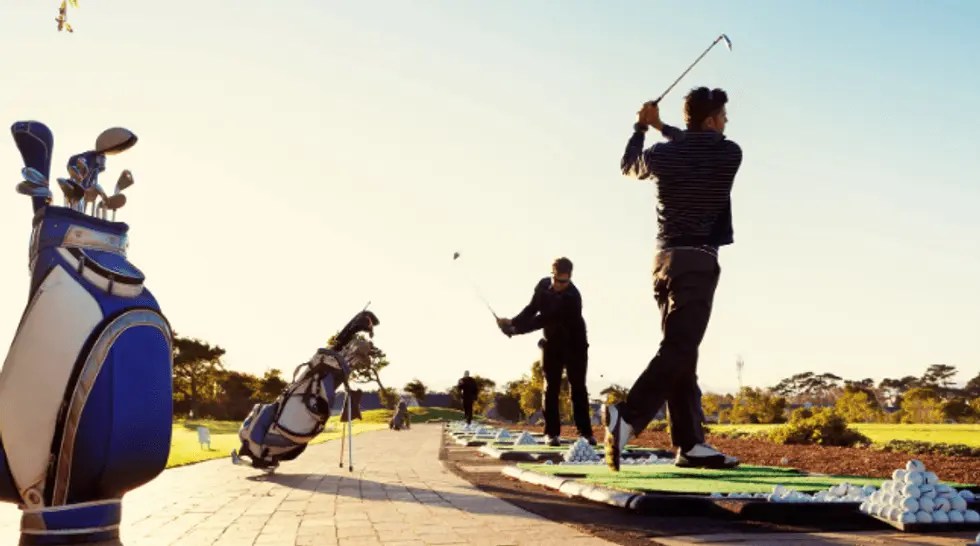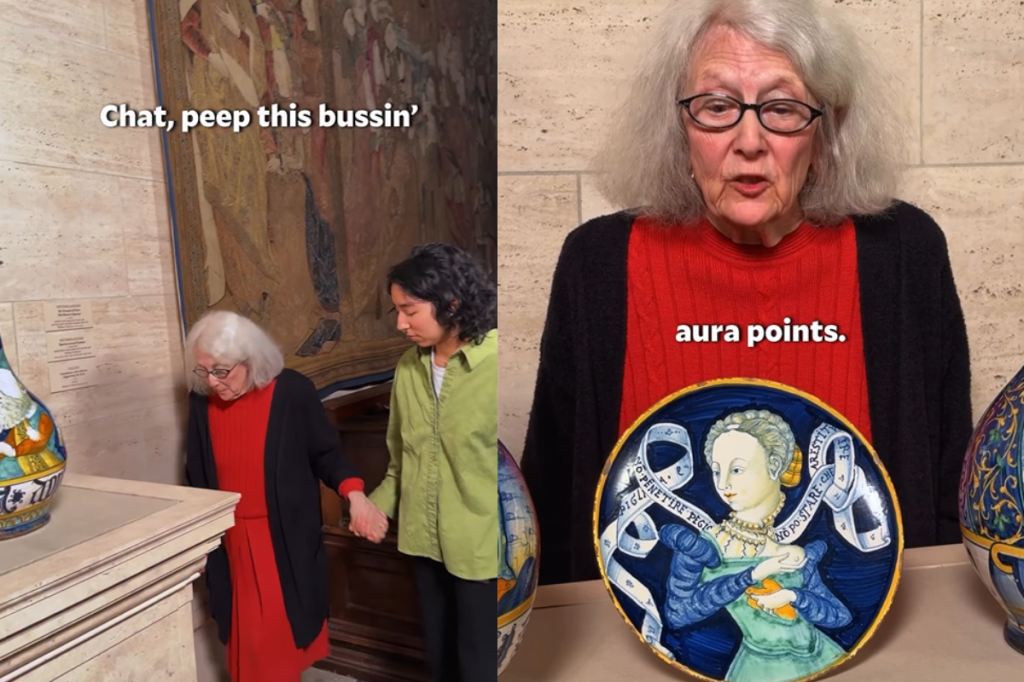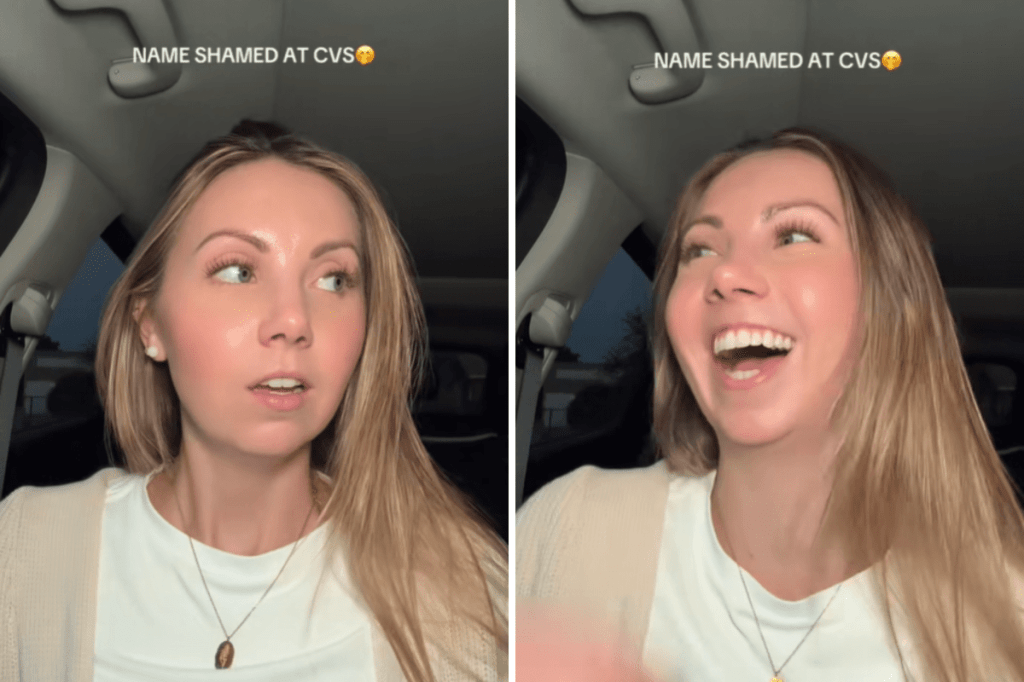Do you have any friends who constantly post about their relationships with their significant other on social media? Are they continually posting photos and writing things like, “She’s my everything. I couldn’t get through a day without her.” Or, “You are my best friend and soulmate, not just my partner. Together, we create a more beautiful love story than I could have imagined.”
Sometimes, couples writing touching dedications to one another can be sweet, but things start to look suspicious when it happens constantly. Why do these people need so much public confirmation of their relationship? Are they looking for likes and comments of support? Did someone cheat?
When couples are screaming this loud for attention, it looks like a big red flag that something is wrong in the relationship. It feels like the couple is overcompensating for something.
However, intimacy expert, relationship coach and hypnotherapist Katy Shelor disagrees with this popular theory. She believes that too many factors are at play to mark this online behavior as a red flag.
“So there’s a theory that, basically, the more couples are kind of over-posting about each other on Instagram, for example, that they’re actually compensating for something covering up some issues, the more likely they are to have problems,” she said in a viral Instagram post. “So, yeah, I think there’s a couple elements to this.”
“But I do think there may be a little bit of truth to it,” she continued. “First, you know, you have to always remind yourself not to get into the comparison game. So looking through other people’s feeds and looking at their couple’s romantic photos and their anniversary posts can make you feel like, oh my god. They’ve got it all figured out. Don’t they?”
“But we know that that’s not actually true. Right?” Shelor said.
Shelor believes there just isn’t enough research to determine a couple’s status based on a few social media posts. “There’s little bits and pieces are all around basically saying that too much gushing may hint at an insecurity at the very least,” Shelor said. “Whereas for some people I think, you know, the sharing is it’s just a positive.”
One study suggests that oversharing in relationships may have more to do with people’s attachment styles than the status of their relationships. Attachment styles are formed during early childhood based on the quality of the relationship between a child and their primary caregiver. These styles are influenced by the caregiver’s responsiveness and consistency, shaping the child’s expectations and behaviors in future relationships.
People with anxious attachment styles need a lot more affirmation in their relationships, whether it’s from their significant other or the general public. So, even though their relationship may be going well, they may still need a little more affirmation here and there than most people.
Whereas people with avoidant attachments will post about their relationships much less often because they don’t feel the need to make them visible.
Jennifer Chappell Marsh, LMFT, regularly sees this dynamic in her office during couples therapy. “Avoidantly attached people tend to disengage and withdraw from their partners while anxiously attached people are almost always seeking reassurance about their relationship, even on social media,” Chappell Marsh said.
So, when they enjoy a night out together, the avoidant person may want to have a quiet dinner while the anxious person takes photos and posts them on Instagram. This causes tension in the relationship. “That disconnect triggers a spike in relationship anxiety for the anxious type,” Chappell Marsh said. “As a result, the insecure partner may take a relationship pic and post it on Facebook to get ‘likes.’ Oftentimes, they’re looking for positive attention in the absence of getting the reassurance from their partner.”
Although it’s unclear whether we can gauge the relationship status of our friends by their social media posts, there is evidence to suggest that if they post extremely often or not at all about their relationships, we can get a good idea of their attachment style.


































